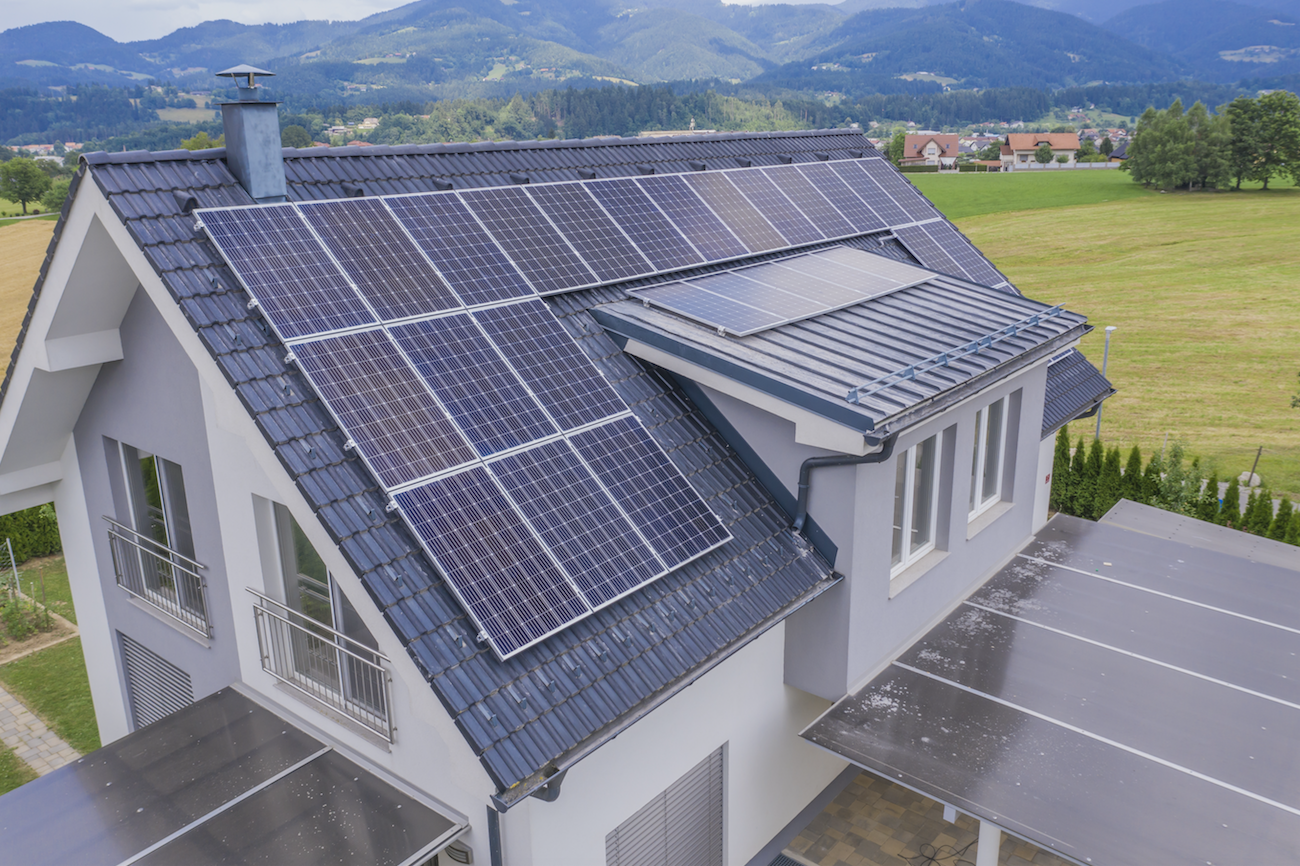Know These 7 Things About Mortgages Before You Buy A Home

It’s no secret that buying a home can be a daunting task. But it’s important to remember that, with the right preparation and planning, it can also be an exciting and rewarding experience!
One of the most important aspects of buying a home is getting a mortgage. A mortgage is simply a loan that is used to pay for your home. It’s important to know the ins and outs of mortgages before you sign any paperwork, so here are 7 things you should know about them:
1. Types of Mortgages
There are two main types of mortgages: fixed-rate and adjustable-rate. A fixed-rate mortgage has an interest rate that remains the same for the life of the loan, while an adjustable-rate mortgage (ARM) has an interest rate that can change over time. If you are looking to stay in your house for a long time, it’s generally better to get a fixed-rate mortgage. An ARM is best if you think you may sell the house or refinance within a few years.
Additionally, there are other types of mortgages that can be used for specific situations, such as government-back mortgages, reverse mortgages, and home equity loans. It’s important to understand the differences between all of your options so you can make an informed decision about what type of mortgage is best for you.
2. Interest rates
Your interest rate is one of the most important things to focus on when choosing a mortgage. Good advice for first-time homebuyers, the lower your interest rate, the less you will end up paying in the long run. You can choose between a fixed-rate mortgage or an adjustable-rate mortgage, but keep in mind that ARMs often come with higher initial interest rates than fixed-rate mortgages.
3. Terms
The terms of your loan refer to how much time you have to pay off the loan in full. Mortgages generally come with 15-year or 30-year terms, but it’s important to understand all of your options before signing any contracts.
Additionally, your mortgage may come with extra terms, such as prepayment penalties, which can end up costing you more in the long run if you decide to pay off your loan faster than expected. On the other hand, some mortgages have clauses that allow you to pay less when interest rates drop, which can save you money over time.
4. Down payment
Your down payment is another important factor to consider when choosing a mortgage. The more you can put down upfront, the better, as it will lower the amount of money you need to borrow, therefore the total interest you will pay over the course of your loan. Most mortgages require a down payment of at least 20%, but some loans only require 5% or 10%.
Also, keep in mind that you will likely need to pay for private mortgage insurance (PMI) if you put down less than 20%, which can add to the overall cost of your loan.
5. Points
Points are essentially an upfront fee that can be paid along with your down payment to lower your interest rate. One point is equal to 1% of the loan amount, so if you pay one point on a $100,000 mortgage, for example, your total fee will be $1,000.
In addition, some mortgages will allow you to pay points in exchange for a lower interest rate, while others have rules that make this option illegal. Be sure to read all of the fine print and ask your mortgage company about their point policy before signing any contracts.
6. Closing costs
Closing costs are fees that lenders charge when you close on a home loan. These costs typically range from 2% to 5% of the total loan amount and can include fees such as appraisal, title insurance, and origination.
For example, if you are getting a $200,000 mortgage, your closing costs could be anywhere from $4,000 to $10,000. However, the good news is that some of these fees may be negotiable and can vary depending on where you live and which lender you choose.
7. Mortgage insurance
If you are putting less than 20% down on your home, you will likely be required to pay mortgage insurance. This insurance protects the lender in case you default on your loan. While mortgage insurance can be an added expense, it’s important to weigh the pros and cons before deciding whether or not it is right for you.
There are many things to consider when getting a mortgage. It’s important to educate yourself on the different types of mortgages, interest rates, and terms before signing any paperwork. You don’t want to find yourself in over your head or struggling to make your monthly mortgage payments. By taking the time to research your options and speak with a mortgage lender, you can find the perfect loan that works for your unique needs.








